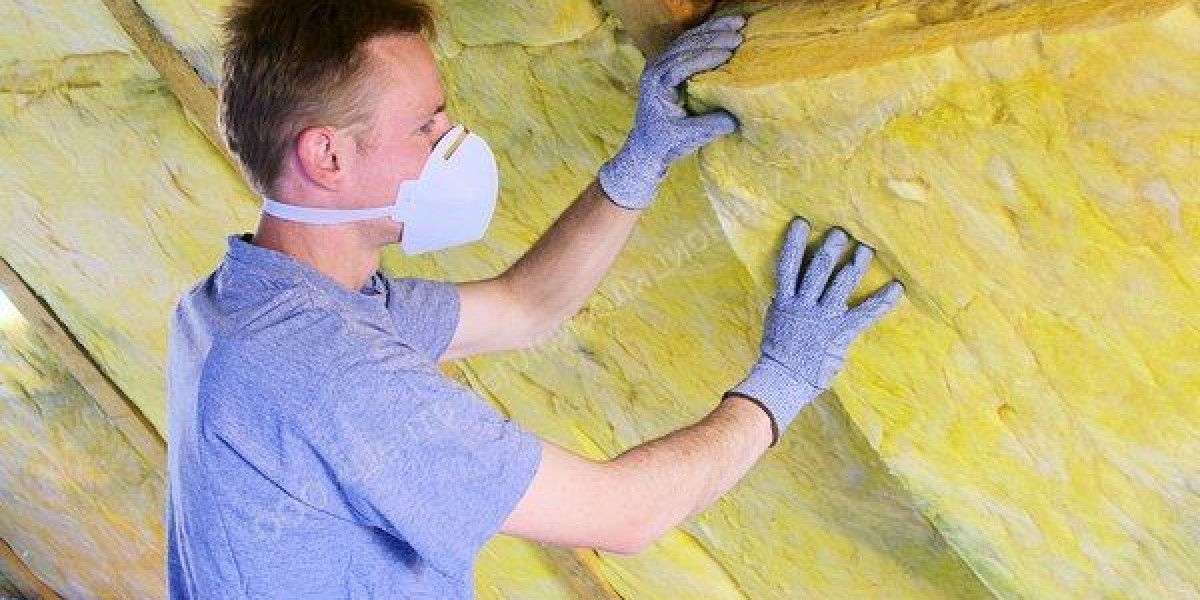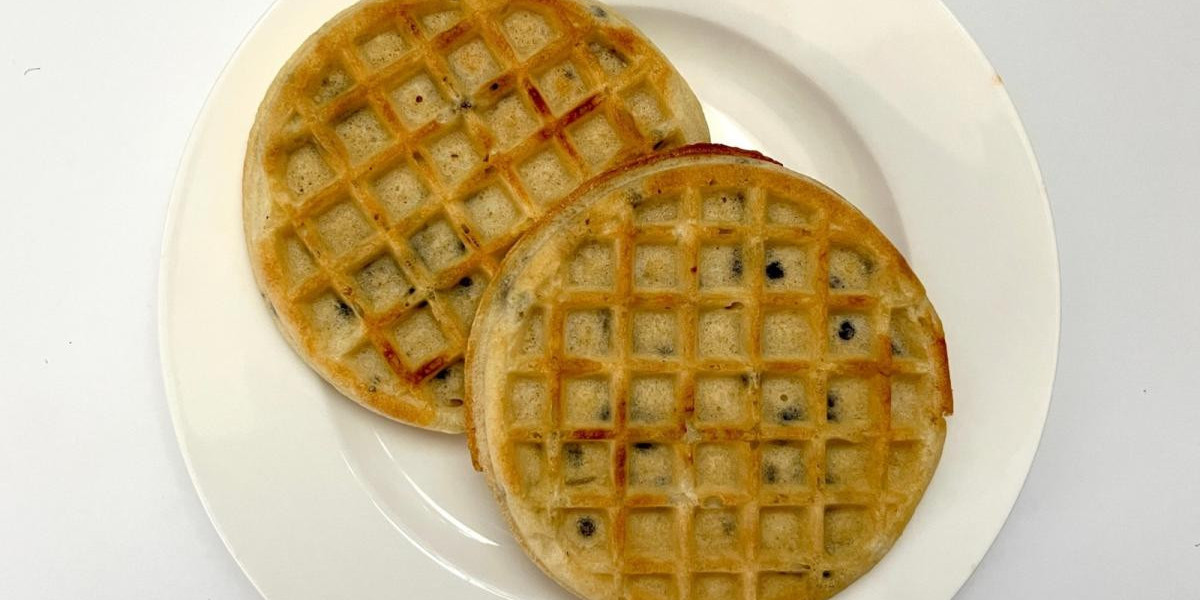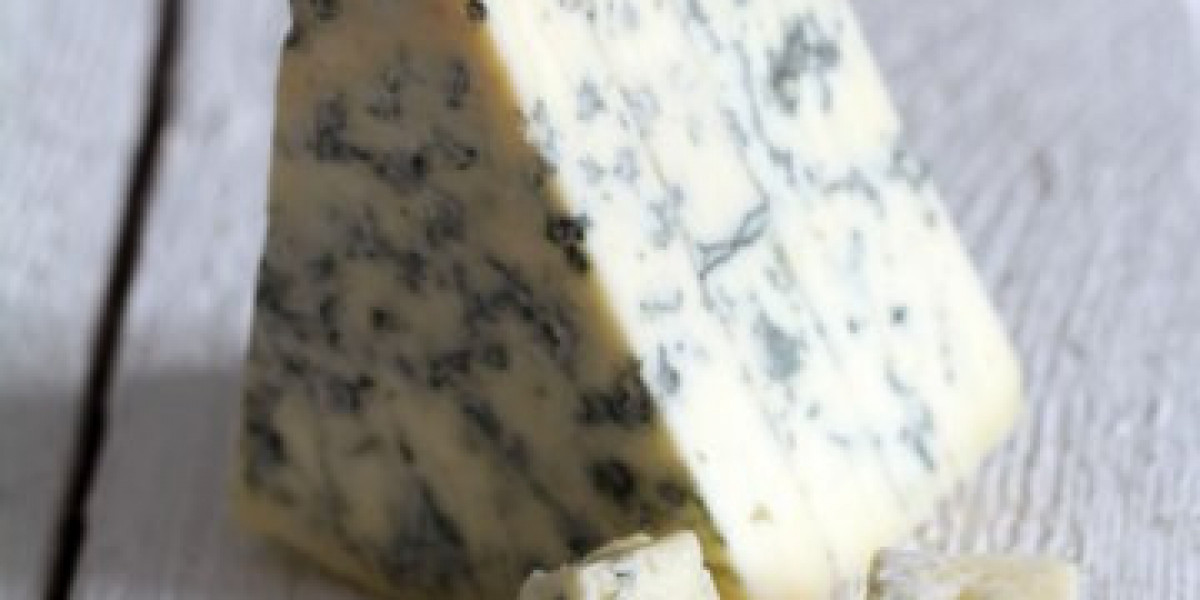Roof insulation is an essential component of any energy-efficient home. It helps regulate indoor temperatures, reduce energy consumption, and create a comfortable living environment year-round. With several insulation options available, choosing the best type for your home can seem overwhelming.
In this guide, we’ll walk you through the key considerations and compare popular types of roof insulation to help you make an informed decision. Whether you’re building a new home or upgrading an existing roof, understanding the benefits of each option will help you achieve the best results.
Understanding the Importance of Roof Insulation
Proper roof insulation serves as a barrier against heat loss in winter and heat gain in summer. This not only reduces your reliance on heating and cooling systems but also lowers your utility bills. Effective insulation can prevent common problems such as moisture buildup, which can lead to mold and structural damage over time.
Homeowners in Pensacola, Florida, and surrounding areas often face challenges related to high humidity and heat. Roof insulation designed for this region can significantly improve indoor comfort and protect your home from weather-related wear.
Factors to Consider When Choosing Roof Insulation
Climate
Your local climate plays a significant role in determining the best type of roof insulation. In warmer regions like Pensacola, Florida, insulation with a high R-value (thermal resistance) and moisture-resistant properties is ideal.
Energy Efficiency
Energy efficiency is a top priority for homeowners looking to reduce utility costs. Opting for insulation materials with high thermal performance can maximize your home’s energy savings over time.
Budget
While roof insulation is a long-term investment, it’s important to consider your budget. Some materials, such as spray foam, offer superior performance but come with a higher upfront cost. Others, like fiberglass, are more budget-friendly and still deliver reliable results.
Installation
The ease of installation can affect your overall project timeline and cost. Some insulation materials, such as fiberglass batts, are straightforward to install, while others, like spray foam, require professional expertise.
Comparing Types of Roof Insulation
Fiberglass Insulation
Fiberglass insulation is one of the most commonly used types for residential roofing. Made from fine glass fibers, it is available in batts, rolls, or loose-fill form.
Advantages
Cost-effective and widely available.
Easy to install in attics and between rafters.
Provides reliable thermal resistance.
Considerations
May not provide an airtight seal.
Requires proper handling to avoid skin irritation during installation.
Spray Foam Insulation
Spray foam insulation is a versatile option that expands upon application, filling gaps and creating an airtight seal.
Advantages
Excellent thermal performance with high R-values.
Ideal for hard-to-reach areas and irregular spaces.
Adds structural support to roofs.
Considerations
Higher upfront cost compared to other options.
Requires professional application.
Reflective Insulation
Reflective insulation, also known as radiant barrier insulation, is designed to reflect heat away from your home. It is often used in hot climates to reduce cooling costs.
Advantages
Effective at reducing heat gain in warm climates.
Lightweight and easy to install.
Considerations
Works best in conjunction with other insulation types for optimal performance.
Rockwool (Mineral Wool) Insulation
Rockwool insulation is made from natural stone and recycled materials, offering excellent fire resistance and soundproofing capabilities.
Advantages
Resistant to fire and moisture.
High density for superior soundproofing.
Considerations
Heavier and more expensive than fiberglass insulation.
Roof Insulation Tips for Pensacola Homeowners
Focus on Ventilation
Proper ventilation is essential when installing roof insulation in a humid climate like Pensacola’s. Ventilation prevents moisture buildup, reducing the risk of mold and mildew growth.
Combine Insulation Types
For maximum energy efficiency, consider combining multiple insulation types. For example, pairing reflective insulation with fiberglass batts can enhance thermal resistance while minimizing heat gain.
Hire a Professional
Roof insulation projects require careful planning and execution. Hiring an experienced contractor ensures proper installation and long-term performance.
Frequently Asked Questions
How much roof insulation do I need?
The amount of insulation you need depends on your roof’s size, local climate, and the material’s R-value. Consult with a professional to determine the right amount for your home.
Can I install roof insulation myself?
Some materials, like fiberglass batts, are suitable for DIY installation. However, complex materials like spray foam or situations requiring extensive preparation are best handled by professionals.
How long does roof insulation last?
The lifespan of roof insulation varies depending on the material. Fiberglass insulation can last 20 to 30 years, while spray foam insulation may last even longer with proper maintenance.
Is roof insulation environmentally friendly?
Many insulation materials, such as fiberglass and rockwool, are made from recycled materials. Additionally, improved energy efficiency reduces your home’s carbon footprint.
How can I tell if my roof insulation needs to be replaced?
Signs of inadequate insulation include fluctuating indoor temperatures, high energy bills, and visible damage or moisture buildup in the attic.
Conclusion
Choosing the right roof insulation for your home is a critical decision that affects your comfort, energy efficiency, and long-term savings. By considering factors like climate, budget, and material properties, you can find the best insulation solution for your needs.
For expert roof insulation services in Pensacola, Florida, contact Prestige Insulation Solutions, LLC at (850) 429-4969. They proudly serve the surrounding areas, including Milton, Pace, Navarre, Crestview, Gulf Breeze, and Foley, Alabama, ensuring your home stays comfortable and energy-efficient year-round.










